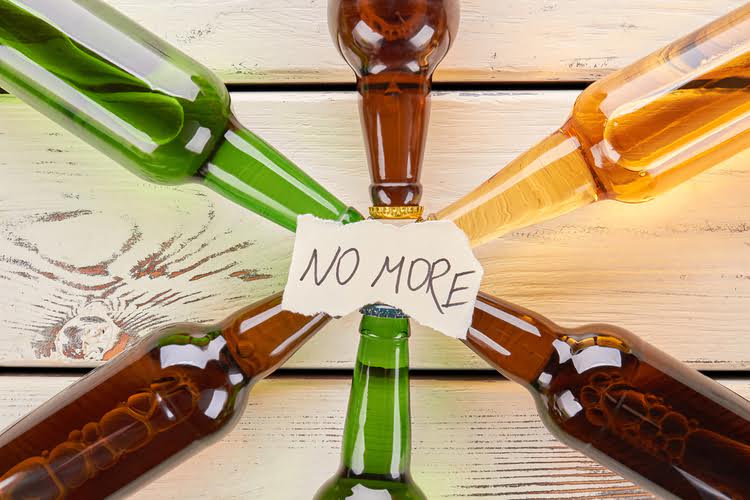Generally, sobriety is viewed as the achievement of enjoying a successful life in recovery. Sobriety involves positive mental, physical, and spiritual well-being. Our content is created with extensive research, citations, editing, and reviews. However, it is important to note that our information is not a replacement for professional medical advice, diagnosis, or treatment. It is recommended that you seek advice from your physician or other qualified healthcare providers.
Help Getting Sober: How To Get Support
Depending on the type of dependency, PAWS can last from six months to two years after you stop using drugs or alcohol. Check out our blog posts and resource links for the latest information on substance abuse. In order to support modern sobriety, many rehab centers operate under the assumption that a client may engage in moderate usage even after years of sobriety.
- Recovery resources exist for many different companies, mainly across the United States.
- The dictionary definitions suggest that sobriety is only used with alcohol, but I think it makes sense to extend it to other drugs.
- A mental health professional can help you cope with some of the challenges you’ll face on your path to sobriety.
- For many people with a substance use disorder, it’s simply a matter of never having learned the appropriate way to manage anger.
Supporting Modern Sobriety
Behavioral therapies can also enhance the effectiveness of medications and help people remain in treatment longer. One of the biggest obstacles people face in maintaining sobriety is getting through events and holidays where alcohol and other party drugs are going to be present. As these occasions can also put people around you who may also bring up old triggers, it’s important that you have a game plan and learn how to get through the holidays while in recovery. At its simplest level, sobriety is the act of not drinking alcohol or consuming drugs. While rehab and treatment are essential steps at the beginning stages of recovery, it’s important to look into the future and plan for a drug- and alcohol-free lifestyle in the long term. Getting sober is a gradual process that can take weeks, months, or even years.

How to Stay Sober
However, the word is often used in different ways in different contexts. Many 12-step programs suggest that sobriety means total abstinence—never using the substance ever again. These Sober House support networks are formed through aftercare programs, support groups, and outpatient treatment opportunities that help to support the initial work done in inpatient treatment.
- Identifying triggers, like stress, and substituting unhealthy responses with beneficial ones, such as exercise, are crucial steps.
- To address these issues, policymakers should prioritize prevention education and promote understanding of the inherent risks of drug use.
- There are also resources such as 12-step groups and recovery groups.
One study found that 68% of people treated in a detox unit experienced moderate alcohol withdrawal symptoms. You can expect certain alcohol withdrawal symptoms such as sleep disruption to occur, though some people can experience seizures and other severe symptoms. https://wyomingdigest.com/top-5-advantages-of-staying-in-a-sober-living-house/ An addiction counselor once told me that people have gone to treatment because they couldn’t stop smoking pot, which means, in effect, that they were addicted to it. So, even though it’s been legal for a while, it qualifies as an intoxicating substance.
- Just keep in mind that your improvements won’t happen overnight.
- The research supported NSC’s recommendations for Tier I and Tier II testing.
- Not everyone comes from an encouraging and supportive home environment.
- You can’t commit your life to nothingness, only to health, your goals and plans, and your belief in yourself.
Manage Physical Pain
The abstinence-based definition of sobriety is the most common definition used by the general population. Alcoholics Anonymous or Narcotics Anonymous groups help people struggling with substance abuse and addictions. Connecting with other people who are experiencing the same challenges as you can be comforting and helpful. In your journey toward recovery, you’re going to experience a lot of ups and downs.

